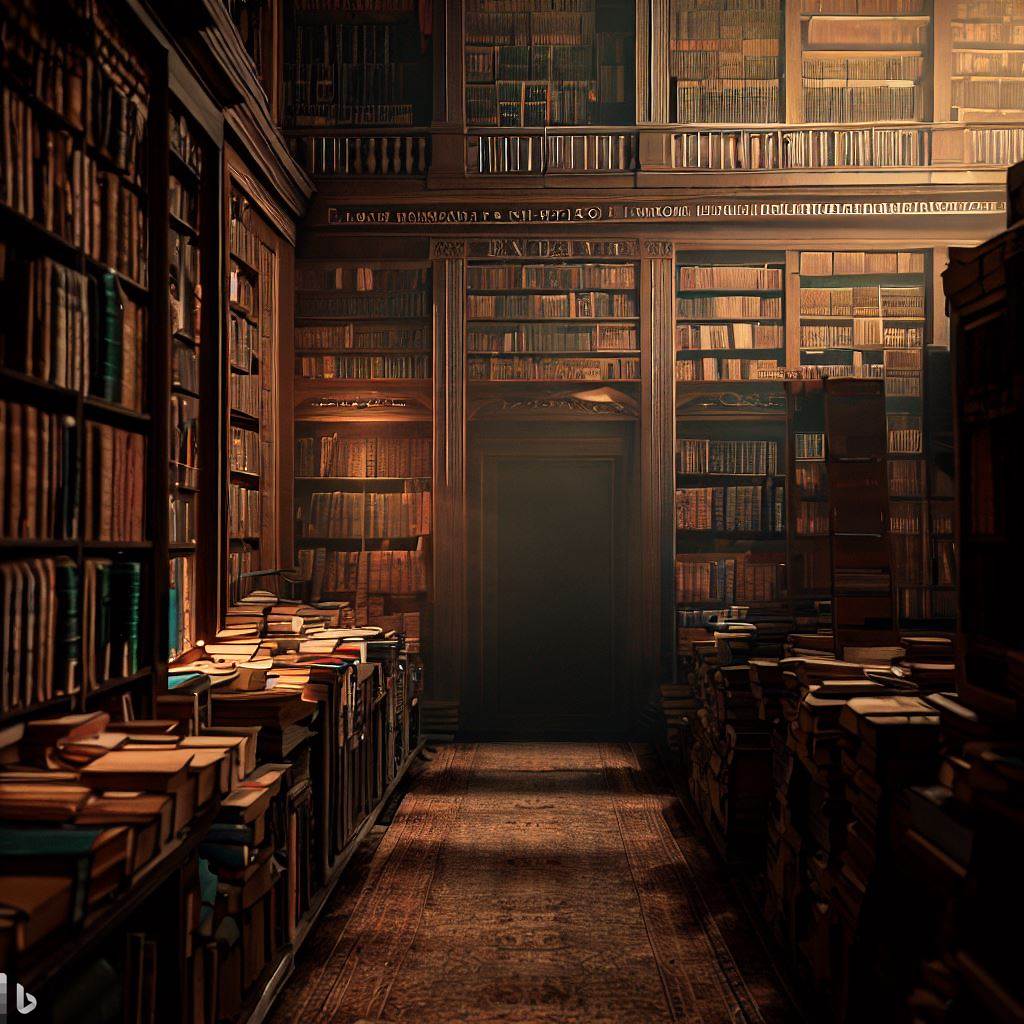
In the whirlwind of modern life, with its barrage of digital information, there’s a sanctuary that still exists – the world of classic literature. There’s a compelling beauty in picking up a worn-out, dog-eared novel, tracing the lines penned by authors centuries ago, and finding oneself irrevocably drawn into the narrative. Today, we embark on a captivating exploration of “Literature Rediscovered: Exploring the Enduring Appeal of Classic Masterpieces”. This expedition into the heart of literary masterpieces is not just an academic endeavor, but a deeply emotional journey, offering insights into the human condition that resonate across time.
I. The Irresistible Allure of Classic Literature
A. The Art of Storytelling
From the ancient civilizations of Mesopotamia, Egypt, and Greece to the modern digital age, storytelling has been an intrinsic part of human culture. It’s not just about the tale, it’s about how it’s told. Masterpieces like The Odyssey, Moby Dick, or War and Peace aren’t merely books; they’re universes crafted with words, ensnaring readers with their complexity, depth, and the sheer power of their narratives.
B. Timeless Themes in Classic Literature
What makes a literary work a ‘classic’? Surely, it’s not just its age. It’s the universal themes that these works grapple with – love, loss, triumph, tragedy, and the riddle of existence. Books like Pride and Prejudice and To Kill a Mockingbird explore social norms, prejudice, and justice with such candor and sensitivity that they still resonate with readers today, despite the immense societal changes since their publication.
II. The Persistence of Memory: Classic Literature in Modern Consciousness
A. The Cultural Impact of Classic Literature
One can’t underestimate the cultural footprint of classic literature. The characters, dialogues, and plot twists have seeped into our everyday language, references, and memes. The term ‘Orwellian’, for instance, stems from George Orwell’s 1984, symbolizing a dystopian society characterized by surveillance and misinformation.
B. Reinventing the Classics: Adaptations and Reinterpretations
From screen adaptations to literary retellings, the classics have been reinvented time and again. These adaptations, be it Baz Luhrmann’s vibrant cinematic rendition of The Great Gatsby or Margaret Atwood’s feminist retelling of The Odyssey in The Penelopiad, keep the classics relevant, demonstrating their flexibility and enduring appeal.
III. The Echo of Ancient Voices: The Enduring Legacy of Classic Authors
A. The Genius of Shakespeare: Why He Still Matters
“Shakespeare? Again?” you might groan. But there’s a reason why the Bard of Avon’s works are continuously studied, adapted, and revered. His characters, from the tragic Hamlet to the cunning Iago, are so profoundly human that they transcend time and culture. His understanding of human nature showcased through his intricate plots, profound dialogues, and nuanced characters, keeps his works evergreen.
B. Austen’s Women: An Exploration of Femininity and Social Norms
Jane Austen’s works are classic examples of social realism, offering insightful social critique under the guise of romance. Her heroines, from the spirited Elizabeth Bennet to the naive Catherine Morland, navigate the restrictive society with grace, wit, and resilience, serving as a critique of the rigid societal norms of her time.
IV. Classic Literature: A Personal Journey
A. From Parchment to Screen: My Tryst with Classic Literature
Reading the classics is more than a literary endeavor; it’s a deeply personal journey. With each turning page, I found parts of myself reflected in the flawed yet endearing characters, in the joys and tragedies of their lives, and in the dilemmas and decisions they grappled with. This emotional connection, this resonance is the crux of the enduring appeal of the classics.
B. Literature Rediscovered: Exploring the Enduring Appeal of Classic Masterpieces
So why do we keep coming back to the classics? The answer lies in their universal appeal. These works, despite being products of their time, speak to us, regardless of our age, culture, or background. They illuminate the complexities of the human condition in ways that resonate with us and make us think, feel, question, and empathize, linking us to the vast tapestry of human experience.
FAQs
1. What is classic literature?
A classic piece of literature is a work of superior quality, style, and enduring appeal, often exploring universal themes and offering profound insights into the human condition.
2. Why are classic works of literature important?
Classic literature shapes our understanding of human nature, societies, and cultures. They serve as valuable cultural artifacts, offering insights into the era they were written in, while their universal themes make them timeless.
3. How can I appreciate classic literature?
Appreciating classic literature is about immersing oneself in the narrative, understanding the cultural context, and being open to the themes and ideas presented.
4. What are some must-read classic masterpieces?
Must-read classics include Pride and Prejudice by Jane Austen, 1984 by George Orwell, To Kill a Mockingbird by Harper Lee, and Moby Dick by Herman Melville, among many others.
5. Are classics too ‘stuffy’ and hard to understand?
Not at all! While some classics may have archaic language or complex themes, their core message is usually universal, and understanding comes easier as you immerse yourself in the story.
6. How are classic works of literature ‘rediscovered’?
Classics are often ‘rediscovered’ through scholarly analysis, literary adaptations, or simply by new generations of readers finding and appreciating them.
Conclusion
In the end, the enduring appeal of classic masterpieces lies in their timeless ability to reflect, critique, and celebrate the human condition. So why not dust off that old book on the shelf? You might just find a world within its pages that echoes your own, reminding you that despite the passing centuries, the human story is one and the same – a tale of love, loss, triumph, and tragedy, an eternal quest for understanding and connection.
And so, the journey of literature rediscovered continues, as these classic masterpieces persist, enduring and relevant, a testament to the incredible power of the written word.